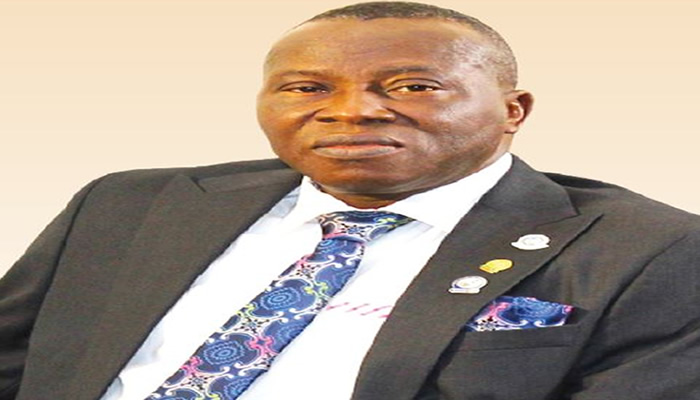The Uninsured State of Nigeria’s Public Assets: A Call for Insurance Prioritization
The Nigerian Council of Registered Insurance Brokers (NCRIB) has raised serious concerns over the Federal Government’s failure to insure its assets despite budgetary allocations for insurance premiums. This alarming situation has prompted the Council to engage with key government officials, including the Minister of Finance and Coordinating Minister of Economy, Mr. Wale Edun, and the Minister of Budget and Economic Planning, Senator Abubakar Bagudu. The NCRIB’s President/Chairman, Bàbàtunde Oguntade, highlighted the issue during a press conference, citing the Lagos-Calabar Highway and other development projects as examples of government assets lacking insurance coverage. This oversight, he argues, exposes the nation to significant financial risks should unforeseen events occur. The Council’s engagement with government officials aims to bridge the gap between budgetary allocations and actual premium payments, emphasizing the critical role insurance plays in mitigating risks and protecting public investments. The NCRIB believes that integrating insurance into infrastructure projects, such as the Lagos-Calabar highway, is paramount to safeguarding the substantial financial resources allocated to these projects.
The NCRIB’s concerns extend beyond individual projects. The Council argues that the systematic diversion of allocated insurance funds into contracts, coupled with the subsequent failure to insure these contracts, creates a systemic vulnerability across government operations. This practice undermines the principle of risk management and leaves public assets exposed to potential financial loss. The NCRIB stresses the importance of insurance not merely as a cost, but as an investment that protects the nation’s valuable resources. The Council’s advocacy efforts underscore the need for a paradigm shift in how the government views insurance, advocating for its recognition as a crucial element of fiscal responsibility and prudent financial management.
The NCRIB acknowledges the government’s commitment to infrastructure development through initiatives like the National Integrated Infrastructure Master Plan and the Economic Recovery and Growth Plan. While commending these efforts, the Council emphasizes the need to incorporate insurance into these projects from the outset. This proactive approach, they argue, would provide comprehensive financial protection against unforeseen risks and ensure that these critical infrastructure projects are sustainable in the long run. Insurance, in this context, is not an optional add-on, but an integral component of responsible infrastructure development. By ensuring that projects are adequately insured, the government can effectively mitigate risks and safeguard its investments, ultimately contributing to sustainable economic growth.
The NCRIB’s advocacy efforts also focus on the enforcement of third-party motor insurance, a policy they believe will significantly benefit the insurance sector. The Council lauded the Inspector General of Police’s (IGP) announcement regarding nationwide enforcement of third-party motor insurance, viewing it as a positive step toward improving compliance. The IGP’s involvement, according to the NCRIB, signals a commitment to enforcing existing regulations and underscores the importance of insurance in protecting road users. This nationwide enforcement is not merely a revenue-generating exercise, but a crucial mechanism for protecting the public and ensuring that victims of road accidents receive adequate compensation.
The NCRIB expressed optimism about the police’s commitment to enforcing third-party motor insurance, emphasizing the shared responsibility of various stakeholders. The principle of shared responsibility in insurance, the Council argues, ensures that the benefits of insurance are distributed widely, mitigating the financial burden on individuals and promoting a culture of shared risk management. The NCRIB also highlighted the cross-border implications of third-party insurance, noting its extension to ECOWAS member states. This regional dimension, according to the Council, strengthens the overall framework of insurance and underscores the interconnectedness of risk management across national borders.
The NCRIB’s engagement with government officials and its advocacy for increased insurance coverage represent a broader effort to strengthen the insurance sector in Nigeria. By highlighting the importance of insurance in mitigating risks and protecting public assets, the Council aims to promote a culture of risk management across all sectors of the economy. The Council believes that a robust insurance sector is crucial for sustainable economic growth, providing financial stability and protecting individuals and businesses from unforeseen events. The NCRIB’s message is clear: insurance is not an expense, but an investment in the future, a critical tool for managing risks and protecting the nation’s valuable resources. Their advocacy efforts reflect a commitment to building a resilient and secure financial future for Nigeria.


